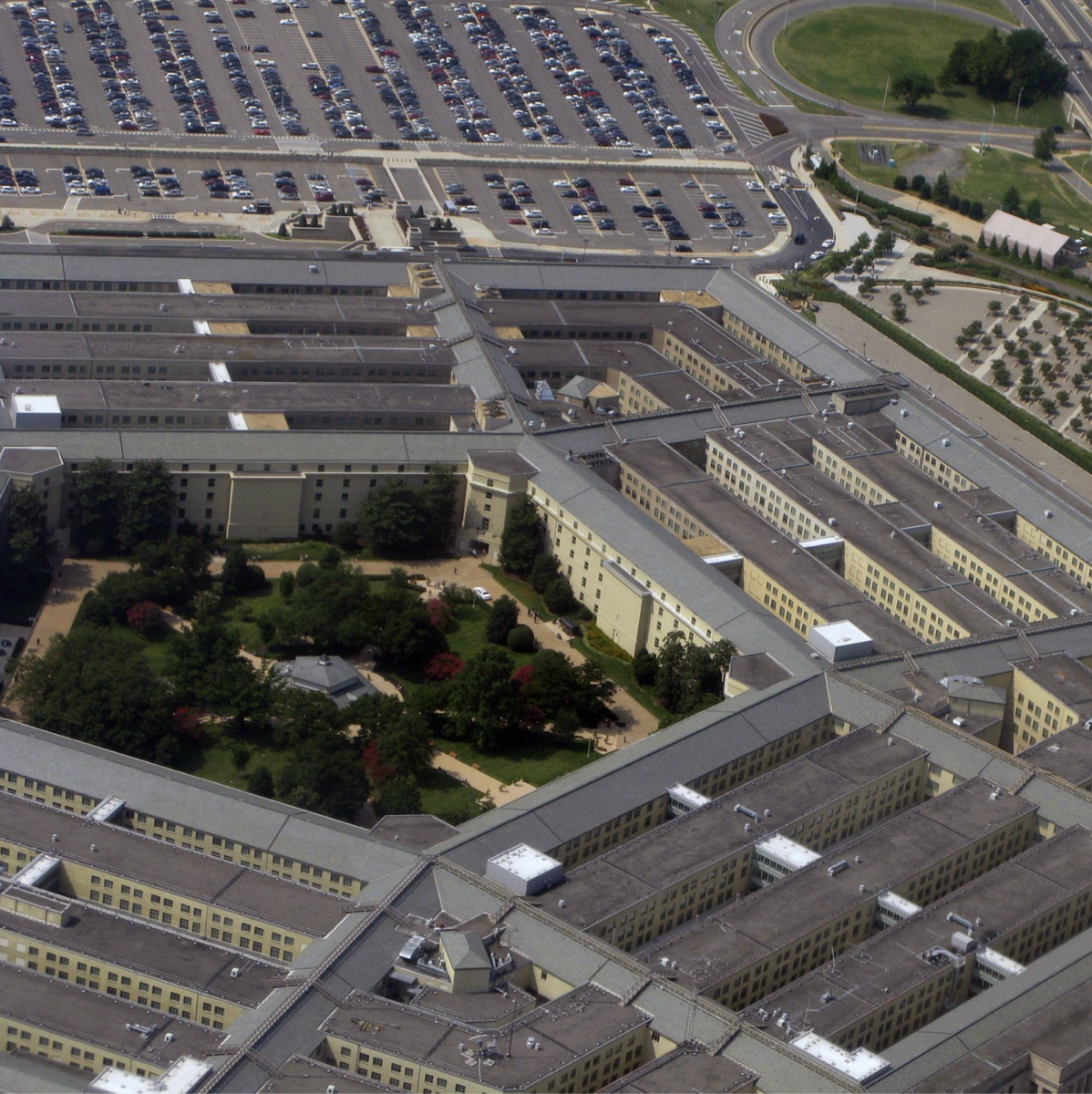The Pentagon’s latest attempt to control the press is more than misguided, it raises serious constitutional concerns. By requiring journalists to seek government approval before conducting interviews or obtaining information, the Department of Defense is taking press restrictions to a level rarely seen in American history.
The Pentagon’s new policy is not the first time the U.S. government has attempted to influence press coverage. A notable example is the Nixon administration’s attempt to block The New York Times and The Washington Post from publishing the Pentagon Papers in 1971. That effort then sparked the Supreme Court case New York Times Co. v. United States which affirmed that the government could not impose prior restraint on newspapers, essentially prohibiting censorship of newspapers before publication.
What makes the 2025 policy so unusual is its scope. According to reports, journalists must now seek approval before conducting interviews with Defense Department personnel. They are also limited in topics they are allowed to cover, even if the topics discuss unclassified information. Furthermore, if a journalist begins to broach topics deemed sensitive, their access can be swiftly denied or revoked. This is a significant change from previous norms, where such questions were typically ignored without penalty, given that journalists have no foolproof way of knowing what’s classified. As a result, many news organizations have called the new policy changes unprecedented and unconstitutional.
The freedom of press has always been a fundamental part of American democracy, a way to hold the government accountable for any moves made on behalf of the public. The Pentagon’s challenge to this practice of transparency has brought on a level of unity among press organizations rarely seen. At least thirty news outlets, including The New York Times, Reuters, and Fox News, have refused to sign the new policy. As of now only fifteen people out of the hundreds who cover the Pentagon have agreed to sign the policy, according to The Washington Post.
At the heart of this rare unity among media outlets is a serious constitutional concern: many press freedom advocates argue that the Pentagon’s new policy raises serious First Amendment concerns. One particularly controversial line of the policy, according to a summary by the RCFP, states: “Members of the news media do not possess a legal right to access the Pentagon; rather, such access is a privilege…” Under the terms, access may even be revoked during an interview if a reporter even begins to broach topics deemed sensitive, transforming press access into a heavily policed privilege rather than a constitutional right.
While national security concerns are real and deserve thoughtful policies, restrictions to the press are not and have never been the answer. The Pentagon’s approach raises troubling questions about transparency, accountability, and the future of press freedom in the United States.




